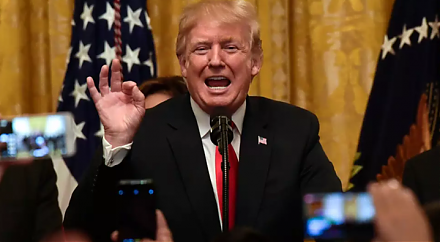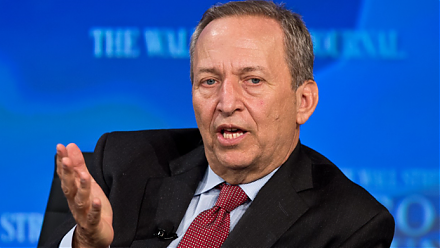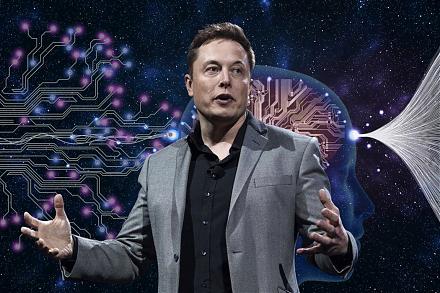

2019-06-13 10:26:00 Thu ET
technology antitrust competition bilateral trade free trade fair trade trade agreement trade surplus trade deficit multilateralism neoliberalism world trade organization regulation public utility current account compliance
The Chinese Xi administration may choose to leverage its state dominance of rare-earth elements to better balance the current Sino-U.S. trade war. In recent times, President Xi visits a Jiangxi hardware factory that spins rare earth elements into permanent magnets in iPhones, electric cars, wind turbines, and military missiles. China monopolizes 80% of the strenuous extraction of 17 vital rare-earth elements for ubiquitous applications from consumer electronic technology to military defense. Although the raw ores are as common as copper and lead, rare-earth ores oxidize quickly and their extraction can cause severe pollution. With its low labor costs and lax environmental regulations, China has become the dominant force in the rare-earth market since the 1980s. With almost half of global rare-earth deposits, China produces 120,000 metric tons of rare-earth per annum, or about 80% of the global supply. Australia is the second largest supplier of only 20,000 metric tons of rare-earth per year.
The Chinese Xi administration has a strategic incentive to reduce the quota of rare-earth elements for better environmental protection. The next quota reset is due in June 2019, and this reset can indicate whether China intends to leverage its rare-earth quasi-monopoly to counteract the Trump tariff tactic.
If any of our AYA Analytica financial health memos (FHM), blog posts, ebooks, newsletters, and notifications etc, or any other form of online content curation, involves potential copyright concerns, please feel free to contact us at service@ayafintech.network so that we can remove relevant content in response to any such request within a reasonable time frame.
2019-01-21 10:37:00 Monday ET

Andy Yeh Alpha (AYA) AYA Analytica financial health memo (FHM) podcast channel on YouTube January 2019 In this podcast, we discuss several topical issues
2018-09-21 09:41:00 Friday ET

Former World Bank and IMF chief advisor Anne Krueger explains why the Trump administration's current tariff tactics undermine the multilateral global tr
2017-01-17 12:42:00 Tuesday ET

Former Treasury Secretary and Harvard President Larry Summers critiques that the Trump administration's generous tax holiday for American multinational
2025-09-28 10:10:51 Sunday ET

Stock Synopsis: With a new Python program, we use, adapt, apply, and leverage each of the mainstream Gemini Gen AI models to conduct this comprehensive fund
2023-10-21 11:32:00 Saturday ET

Walter Scheidel indicates that persistent European fragmentation after the collapse of the Roman Empire leads to modern economic growth and development.
2019-08-07 12:33:00 Wednesday ET

Conor McGregor learns a major money lesson from LeBron James. This lesson suggests that James spends about $1.5 million on his own body each year. The $1.5